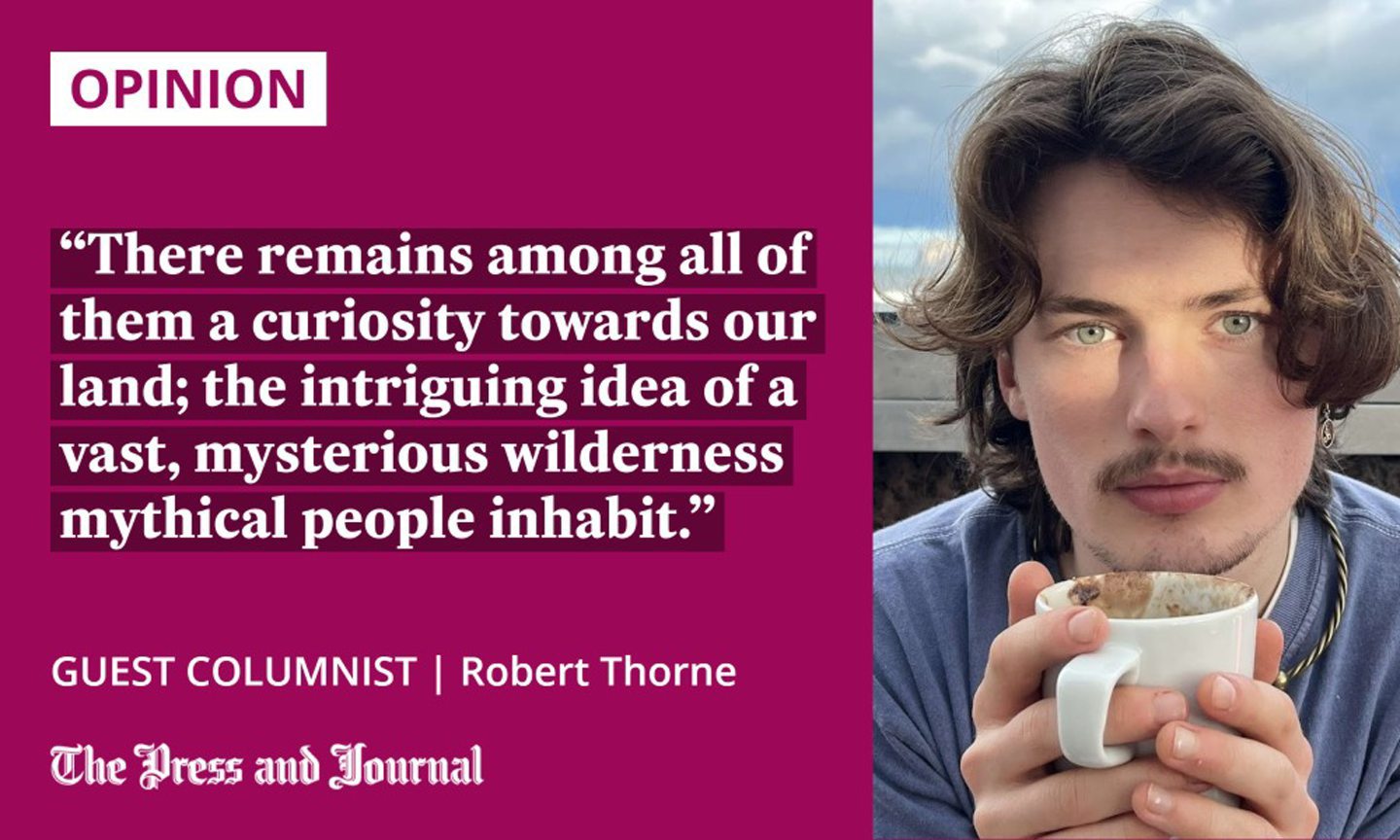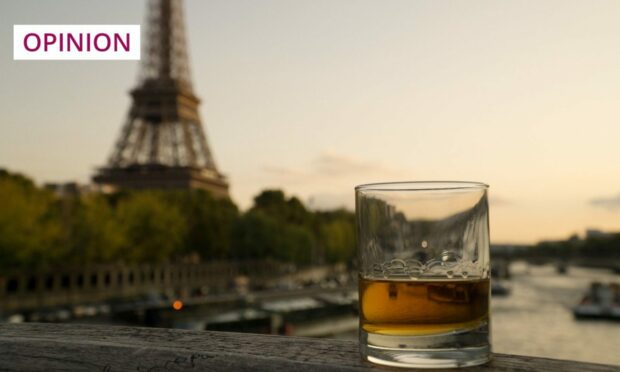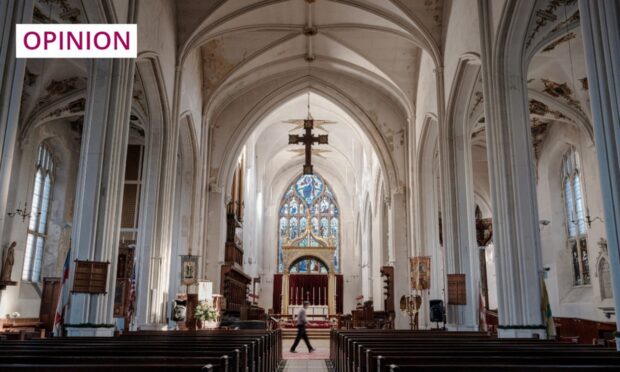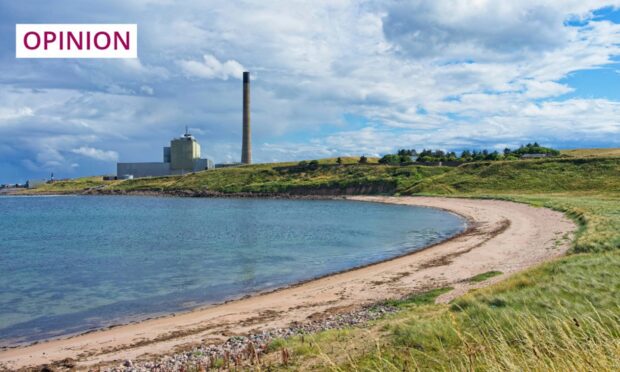An awareness of how your home country is perceived by the rest of the world can be enlightening, writes Robert Thorne.
The most interesting experience you’ll have as a traveller is learning how others view your home the farther you are from it.
Moreover, learning how you differ from other cultures’ expectations of a person from that place: in my case, how I am and am not a “Scot” while living in Paris.
Although it’s only two hours from Edinburgh Airport, Paris is a Caput Mundi with a globalised population.
Take Eduardo, a Filipino ex-restaurateur. He’s never visited the Highlands, but he knew “it’s a nice place – very cold – with lots of mountains”. He told me that, unlike the Scottish people he sees in movies, my accent was very easy to understand.
That’s a common motif: due to my lack of the Central Belt sound, internationals rarely recognise me as Scottish. “Anglais” is the term used by those who speak French, and “British” by those who don’t; neither is correct.

Like Eduardo, most of the French people I meet haven’t been to Scotland, but that doesn’t stop some from getting ideas about it. Hind, a boxing coach, told me that “for a lot of French people, the Highlands are off the radar”.
“When I think of the Highlands, I think of wild nature,” she said, “It’s romanesque – like the books I read in high school, like Wuthering Heights.”
Not everyone in Paris is familiar with Hind’s image. One Parisian cafe owner told me she had never heard of “les Highlands”, despite selling Scottish smoked salmon on her menu.
Conversely, some are old friends. An elderly bookseller revealed that he visited the Highlands in the summer of 1976 with nothing but his rucksack and a map. Taking the sleeper train from London, he trekked through Aberdeen, Inverness, and Skye. “I loved it a great deal,” he said, eyes distant. “Best of all, we were lucky with the rain and the midges! I can’t imagine what it’s like now.”
Sylvie, a local art therapist, told me she visited Ullapool in her youth and had a “revelation” when she tried a full Scottish for the first time. “It was completely unlike anything I’d eaten,” she said. “In Paris, the breakfasts are so sweet… I miss black pudding and haggis.”
A drink at The Highlander
At The Highlander – a saltire-clad pub opposite Notre Dame – I order a dram of Tomatin. US accents surround me.
Darcy, the Georgian bartender, tells me: “I don’t know much about the Highlands, but I can say about Scotland and the Scottish people I meet in general that I admire them very much – your history, your patriotism, your pride in being Scottish and not British.
“Coming from a small country, formerly part of the USSR, I still hear people saying they’re ‘Soviet’ 30 years later. I’m proud Scotland is different on the world stage.”
There’s a hen do at the bar: bleach-blonde, loud Americans. Catherine, a Texan au pair, tells me the only things she knows about the Highlands are the “lovely people and Braveheart”. Her friend, surname Watts, proudly tells me she is of Scottish descent and that her father always tells her the Scots “drink crazy good”.
Opposite the bride-to-be is a group of frat boys from the Deep South. When I tell them I’m from the Highlands, they list all the old clichés: “Tartan, bagpipes, green grass and hills, bagpipes, golf…” One boasts that he and his father attend Menzies clan gatherings, wearing their kilts under the South Carolina sun.
Playing darts, Sjoerd from the Netherlands tells me the Highlands are the only place in the world that look good no matter the weather. His Afrikaans friend describes them as “beautiful, like Scandinavia”.
People are always willing to learn
Some responses surprise me. Icaro, a Chilean law student, told me that, after seeing me and where I grew up, he understands where the “elves” come from in The Lord of the Rings, because we’re “pale, redheaded, very friendly” and “can live in the cold”. Saif, a Palestinian filmmaker, said he knew “zero” about Scotland and refuses to visit until it’s “liberated, like Ireland”.
In my six months in Paris, most non-Scots I’ve met view the Highlands as Scotland (and vice versa) – the same kind of “Highlandism” English aristocrats advocated in the Victorian era. They imagine Glasgow somewhere atop the Quinag, beside Edinburgh Castle, on the Isle of Skye.
Still, there remains among all of them a curiosity towards our land; the intriguing idea of a vast, mysterious wilderness mythical people inhabit.
Besides that, the questions Europeans and Americans ask me are about my view on Scottish independence, and whether Nessie is real.
Within Paris’s international community, people are always willing to meet you, learn, and put aside their stereotypes. From all of the above, I believe that, whatever people think beforehand, we Scots, Highlanders and our land fascinate the globe. Perhaps it’s up to us to keep that magic alive.
Robert Thorne is a writer from Kiltarlity and Inverness, studying politics at the University of Edinburgh













Conversation